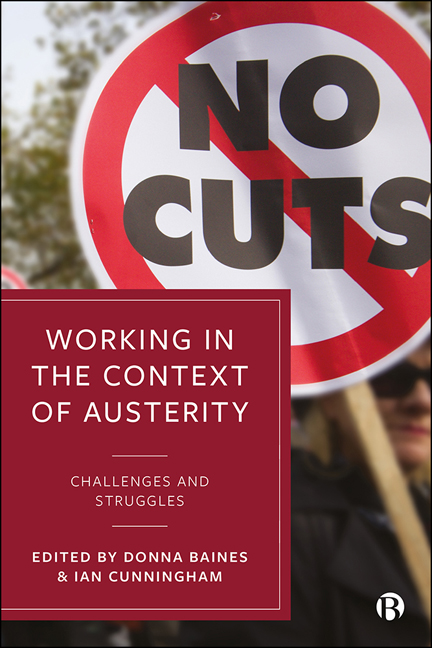13 - Legislation: A Double-Edged Sword in Union Resistance to Zero-Hours Work – The Case of Ireland
Published online by Cambridge University Press: 18 March 2021
Summary
Introduction
In industrialized societies unions have traditionally played a key role in regulating the employment relationship and protecting against an unfettered commodification and exploitation of labour. Such exploitation was perceived to pose a threat to workers’ fundamental rights to participate as citizens (Bosch, 2004; Standing, 2011). This was largely achieved through the mechanisms of collective bargaining and industrial action, and by lobbying for a floor of rights for workers in the forms of protective legislation.
However, the ability of unions to effectively represent workers (especially through collective bargaining) has been weakened considerably since the 1960s. There has been a combined shift towards globalism, austerity and neoliberalism, exemplified by a rise in liberal market economies (LMEs), of which ‘freeing up’ of labour markets is a core tenet (Fudge, 2005). LMEs typically adopt labour-market policies that are characterized by a decrease in political support for collective representation of workers and minimal regulation or deregulation of the employment relationship. In tandem with (and probably influenced by) the change to regulatory systems and a weakening of union power, there has been a shift away from the standard employment relationship (SER) (Broughton et al, 2016). The SER is essentially a conceptualization of a traditional model of permanent, fulltime, continuous employment (Arnold and Bongiovi, 2013); however, while this model remains dominant in many countries and employment systems, it is widely accepted that the SER is being steadily eroded. What is emerging in its place is a wide range of alternative or non-standard forms of work (Bobeck et al, 2018) that are much more flexible and fragmented in temporal terms. Examples include zero-hours work, gig work and lowhours contracts. According to the European Commission (2017), upwards of 6 million people in the EU are working on an intermittent and ondemand basis. Research indicates that such work has been associated with higher levels of precarity (Kalleberg, 2009; Burgess et al, 2013).
In Ireland, as in other countries, the trade union movement has experienced a steady decline in density (particularly in the private sector) (CSO, 2019).
- Type
- Chapter
- Information
- Working in the Context of AusterityChallenges and Struggles, pp. 261 - 278Publisher: Bristol University PressPrint publication year: 2020

